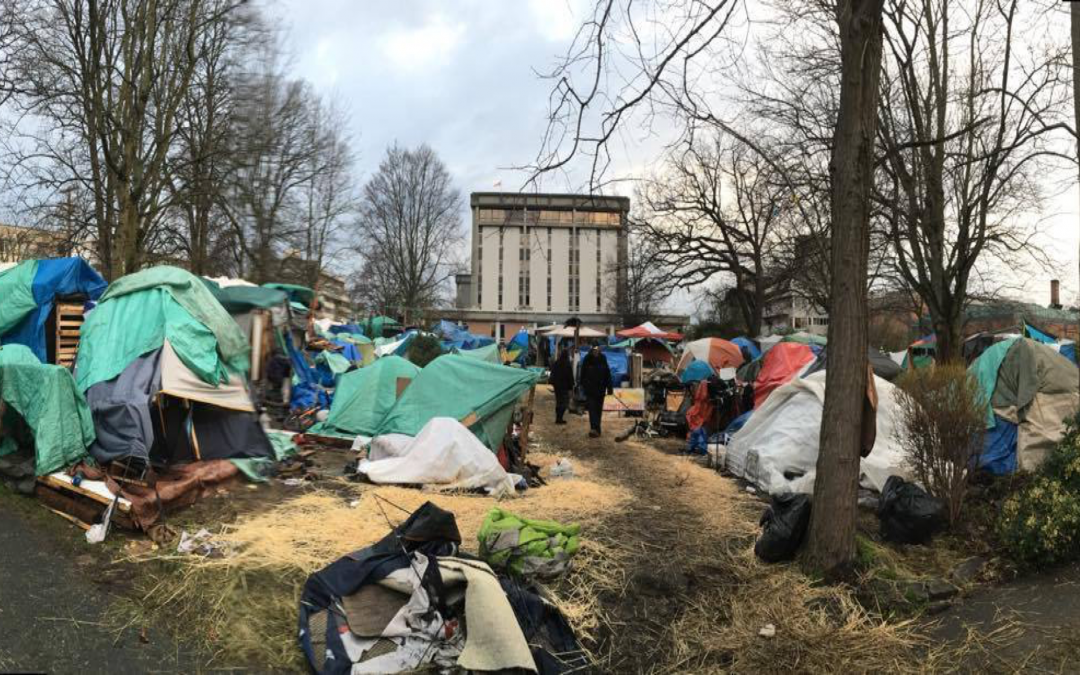“Poverty is not simply measured by inadequate income. It is manifested in restricted access to health, education and other essential services and, too often, by the denial or abuse of other fundamental human rights […] Let us listen to and heed the voices of people living in poverty. Let us commit to respect and defend the human rights of all people and end the humiliation and social exclusion that people living in poverty face every day by promoting their involvement in global efforts to end extreme poverty once and for all.” – UN Secretary-General, Ban Ki-moon (UN, 2016).
On October 12, 2016, UVic news announced that the report titled No Vacancy: Affordability and Homelessness in Vancouver was released. This report explores key structural factors contributing to homelessness. This report was co-authored by Dr. Bernie Pauly, an Associate Professor in the School of Nursing at the University of Victoria.
The timing for the release of the report was conveniently around the International Day for the Eradication of Poverty – October 17th.
The United Nations’ number one Sustainable Development Goal is to “end poverty in all its forms everywhere” by 2030 (United Nations, 2016).
The United Nation’s theme for 2016 on this day is to move from humiliation and exclusion to participation: ending poverty in all its forms.
“Poverty has many dimensions, but its causes include unemployment, social exclusion, and high vulnerability of certain population to disasters, diseases and other phenomena which prevent them from being productive” (United Nations, 2016).
Some of the actions members of society can take to tackle poverty include active engagement in policymaking, ensure that rights are promoted and that your voice is heard, that knowledge is shared, and that critical thinking and innovation are encouraged to support change in people’s lives and communities (United Nations, 2016).
Policymakers can establish environments that generate productive employment and job opportunities for the marginalized as well as formulate strategies that stimulate pro-poor growth, and reduce poverty. Private sectors play a major role in determining if their growth contributes to reduced poverty. The academic and science community play a vital role in increasing awareness about the impact of poverty. Science has contributed greatly to end poverty – for example, enabling access to safe drinking water, reduced deaths caused by water-borne illnesses, and improved hygiene to reduce health risks related to unsafe drinking water (United Nations, 2016).
There are many organizations within Victoria – and UVic – and that serve and aid the poverty stricken. To get involved, one can donate and volunteer! The Greater Victoria Coalition to End Homelessness has much more information on the status of poverty in Victoria.
Some of the organizations include The Mustard Seed, Our Place Society, St. Vincent de Paul, Living Edge, Goldstream Food Bank, Sidney Lions Food Bank, Sooke Food Bank. The are also many shelters located in Victoria.
United Nations. (2016). Retrieved from http://www.un.org/sustainabledevelopment/wp-content/uploads/2016/08/1_Why-it-Matters_Poverty_2p.pdf
UN. (2016). Retrieved from http://www.un.org/en/events/povertyday/
